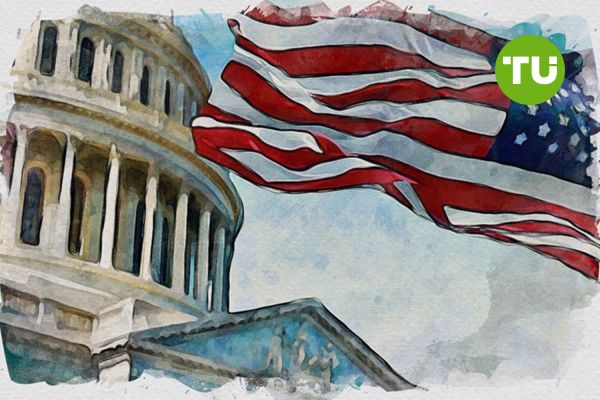U.S. Senators urge Treasury to ease crypto tax burden for corporations
 Senators push for tax relief on cryptocurrency
Senators push for tax relief on cryptocurrency
As part of a joint initiative to protect U.S. innovation in the cryptocurrency sector, Senators Cynthia Lummis and Bernie Moreno have formally appealed to the U.S. Department of the Treasury to reconsider tax regulations that could adversely impact companies holding digital assets.
Their letter, dated May 12, addresses the Corporate Alternative Minimum Tax (CAMT), introduced under the 2022 Inflation Reduction Act. This measure imposes a minimum tax rate of 15% on corporations with an average adjusted financial statement income (AFSI) exceeding $1 billion over a three-year period.
Loading...
According to the senators, the issue arises from a recent update by the Financial Accounting Standards Board (FASB), which mandates that digital assets be recorded at fair market value. While aimed at increasing transparency, this requirement, when combined with CAMT, could compel companies to pay taxes on unrealized cryptocurrency gains—even if the assets haven’t been sold.
Senators’ appeal to the Treasury
In their joint letter to Treasury Secretary Scott Bessent, the lawmakers urged an urgent revision of how AFSI is calculated, proposing that unrealized gains and losses from digital assets be excluded. Without such changes, they warned, U.S. companies could face excessive tax burdens, discouraging them from holding crypto assets, stifling innovation, and pushing operations offshore.
“Our leadership in digital finance is at risk if American companies are taxed more than foreign competitors,” Lummis stated. The senators pointed out that the IRS has previously granted CAMT exemptions—particularly to insurance companies—and argued that similar relief is needed for digital asset holdings.
Global risks, regulatory gaps, and the call for reform
The letter also highlights the lack of global harmonization, as fair value reporting for digital assets is not mandatory worldwide. This puts U.S.-based firms at a disadvantage on the international stage and strengthens the case for regulatory clarity and tax fairness.
With backing from industry stakeholders, including MicroStrategy, the senators are pushing for immediate interim guidance from the Treasury and a long-term revision of the CAMT framework. Their goal is to foster a fairer tax environment that supports innovation in the digital asset space.
Meanwhile, the integration of digital assets into public finance continues to face resistance. Arizona Governor Katie Hobbs recently vetoed two key Senate bills that would have allowed the state to invest in and accept cryptocurrencies, citing concerns over volatility and financial risk.













































































































































